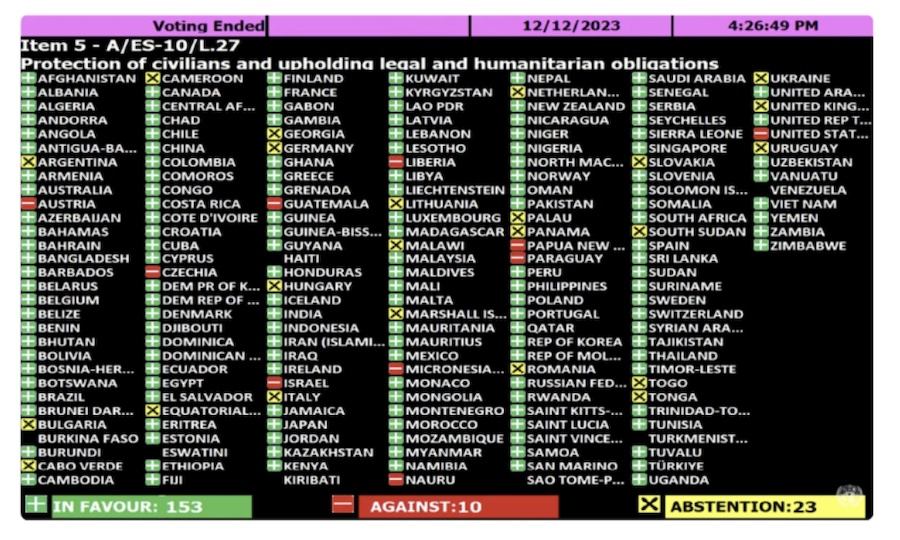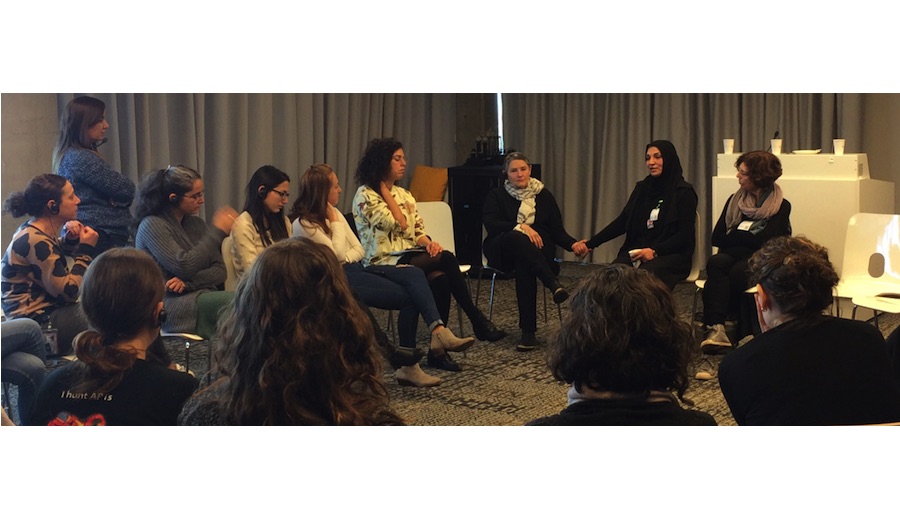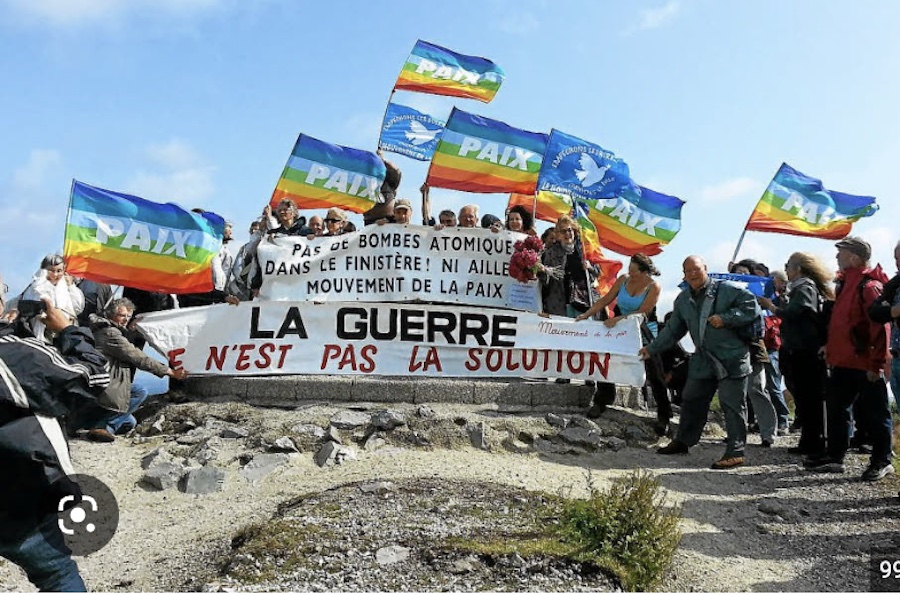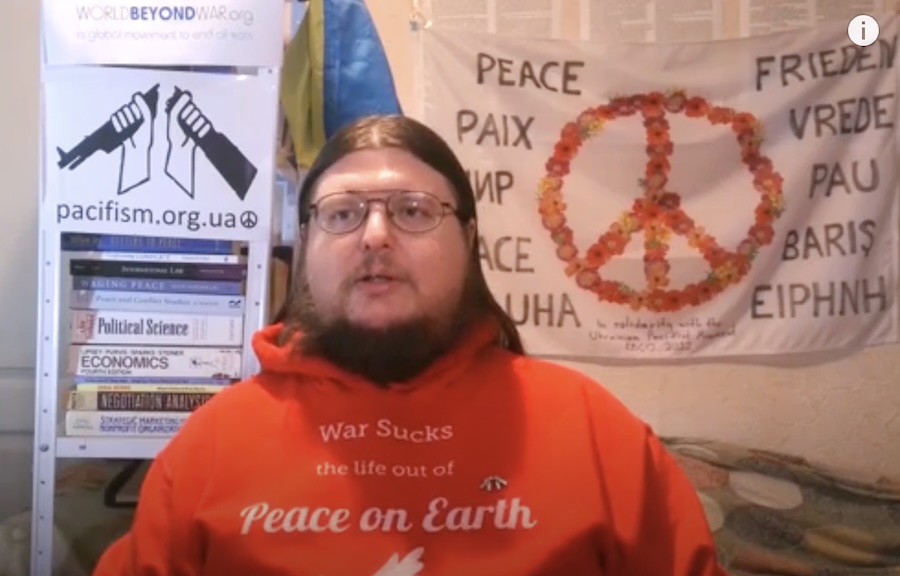. . SUSTAINABLE DEVELOPMENT . .
An article from LABARRA
On November 23 and 24, the IV National Congress of Confetur (Confederación de la Industria Turística de Colombia) was held in the city of Bucaramanga. As part of the agenda, Arturo Bravo, Vice Minister of Tourism of the Ministry of Commerce, Industry and Tourism of Colombia, made an important intervention on the strategy of tourism for a culture of peace, promoted by the national government to build the country through tourism.

Colombia peace destinations seal
Among the most crucial points of the conversation, the importance of peace tourism territories, local economic development, purposeful tourism promotion and the construction of a culture of peace around tourism were highlighted. A complete look at a key sector not only in the country’s economic recovery, but also in the construction of peace.
Peace tourism territories: a strategic approach
According to the information presented by Bravo in the congress, the ministry has managed to identify “the tourist territories of peace and 12 subregions at the national level, where of the 170 PDET municipalities, which are the municipalities that have special plans for compliance with the agreements of peace, 88 have a tourist vocation.” These findings have allowed the Government to create a strategy that not only promotes these tourist territories of peace, but also provides tourism entrepreneurs with tools to promote the economic and social development of their regions.
As part of this strategy, the ministry has begun the first phase that involves an investment of 8.2 billion in these territories. Regarding this point, the vice minister highlights that, although it does not seem like an important figure, it corresponds only to the first phase of a project that hopes to mark a significant milestone for the sustainable development of these destinations and tourism in Colombia.
Impact of the conflict on tourism: a historical perspective
Colombia is a country plagued by violence, which for decades has experienced the scourge of political and economic wars, which has permeated all sectors of society. Faced with this problem, Bravo poses a very pertinent question: “How much has been the cost generated by the armed conflict for tourism?”
And from the eighties to 2000, the number of tourists was below 1,000,000, a result precisely of the intensity of the armed conflicts experienced at that time. That situation closed the doors of the country to non-resident visitors in Colombia. However, the achievement of the peace agreements with the United Self-Defense Forces of Colombia and the FARC, presented a notable change.
“With the first peace agreements with the United Self-Defense Forces of Colombia, tourism increased almost 21% (…) When the final agreement was finally signed with the FARC instrument, it rose to 38%.”
For Bravo, this increase may not seem so significant if seen outside of the Colombian context, however, taking into account that the time it took the country to reach these numbers, it is clearly an achievement. “When you see it in that context, in almost two decades we we,t from 1,000,000 tourists to 7,000,000; “It is, without a doubt, an enormous challenge and a great achievement as a country,” he states.
Although the 2020 pandemic brought a significant decrease, as it did throughout the world, the possibility of a new peace agreement with the ELN offers an optimistic horizon of seeking to exceed 7 million tourists by 2025.
Challenges and opportunities in the PDET territories (Development Programs with Territorial Focus )
Faced with this point, the vice minister highlights the cost generated by the armed conflict in the PDET territories. According to the figures he revealed during the congress, there are significant sociodemographic challenges, such as high rates of informality, unemployment and monetary poverty.
“Of the total number of employed people in these territories, 58% are informal, there is an unemployment rate of 12.8%, higher than the national average, and a monetary poverty rate of almost 78%,” he says. Furthermore, according to the vice minister, 50% of the victimizing events are concentrated in these territories.
However, Bravo shared some figures on tourism development in these territories, which show their development potential. “More or less 10% of the country’s total industry is concentrated in these municipalities. In Colombia, there are around 94,000 formal tourism companies, of which only 9,000 are in those territories,” says Bravo.
The vice minister highlights the concentration of service providers in accommodation, pointing out the need to diversify the value chain to include other aspects such as transportation, gastronomy and tourist activities.
“77.43% correspond to accommodation service providers, while only 12% are travel agencies and 1.2% correspond to gastronomic establishments. This means that many aspects of the value chain need to be developed,” but above all, “in these territories there is a need for new entrepreneurial options,” he concludes.
(article continued in right column)
(Click here for the Spanish original.)
Questions related to this article:
How can tourism promote a culture of peace?
What is happening in Colombia, Is peace possible?
(article continued from left column)
Peace tourism territories strategy: promoting local development
For the ministry, it was extremely important to create a strategy that promoted sustainable tourism within the framework of the consolidation of peace tourism territories. Thus, its proposal is based on four fundamental axes: the construction of tourist territories of peace, the development of economic opportunities, the consolidation of the culture of peace and the promotion of tourism with a purpose.
Construction of tourist territories of peace
Regarding the first point, Bravo comments that the challenge begins with understanding “what are the capabilities that these territories have” and from there strengthening human talent, improving staffing conditions and working as a network to share common experiences and challenges.
For Bravo, this last point has been vital, especially in terms of international cooperation. An example like that of Cuba, guest of honor of the Congress, is an example of everything that can be achieved in relation to the deepening of commercial and tourist relations.
Economic opportunities
During the congress, Vice Minister Bravo presented the Colombia peace destinations seal, a key element to promote economic opportunities in areas affected by the conflict. The seal, beyond being a badge, is a powerful narrative that carries with it a commitment to peace. Bravo emphasizes the importance of granting this seal to products, services and tourist activities from these areas.
A concrete example occurs in gastronomy: when buying from suppliers in areas of peace or connecting with people who have been signatories of the peace, victims or former victims, the peace seal can be applied. This not only highlights the quality of the products, but also builds a social fabric where everyone contributes to the peace process.
On the other hand, Bravo anticipates the holding of four regional roundtables in these peaceful tourist territories. With this strategic approach, we seek to promote collaboration between local entrepreneurs, promoting the development of direct local trade. This strategy not only benefits the timely development of the tourism product, but also addresses the challenge of the productive chain of tourism, crucial in remote regions of the country.
In a context where positive and ethical narratives are essential, the tourism sector emerges as a key agent for the positive transformation of Colombia.
And precisely, regarding this point, the vice minister was very emphatic about the need to improve connectivity so that the tourist services in these areas can reach tourists effectively. According to the president, connectivity is not only about facilitating access to destinations, but also about connecting strategies between entrepreneurs efficiently. Thus, business efficiency, in this context, becomes a key component for the success of the strategy.
Consolidation of the culture of peace
The third axis, for its part, focuses on the culture of peace, highlighting the importance of working with different ethical principles, especially on issues of historical memory. The objective is clear: to avoid glorifying war, not to repeat the tragedy and, above all, not to repeat victimization.
According to the vice-minister, enhancing memory tourism allows us to tell a different story and rescue what makes these territories great. “There we have to work hard on the construction and strengthening of peace narratives, to avoid negative tourism, and move on to positive tourism, one that does not make us forget, but does help us build towards the future,” he comments.
Tourism promotion with purpose
The fourth axis focuses on purposeful tourism promotion, headed by the implementation of the “Colombia Destinations of Peace” seal. This approach seeks to sell an emotion, a different way of contributing to the national purpose of building peace. The invitation is to actively participate in this initiative, where tourism promotion is not only about destinations, but about telling positive stories of what happened in those territories.
The Vice Minister points out the existence of previous programs, such as Peace and Coexistence tourism, which have already consolidated destinations for the culture of peace. The region of Urabá stands out; they will host the next congress and is presented as a destination of peace. The idea is to take advantage of these advances and consolidated experiences, sharing the lessons learned through networks and inter-institutional cooperation.
(Editor’s note: Regarding Urabá, see the The ‘Island of Enchantment‘: the mysterious island that “appears and disappears” in Urabá)
Without a doubt, the vision presented by Vice Minister Arturo Bravo within the framework of the IV National Congress of Confetur, reveals a comprehensive approach that will allow tourism to be positioned as a catalyst for peace and development in Colombia. The proposed strategy addresses not only tourism promotion and local economic development, but also the construction of a culture of peace through other narratives.









